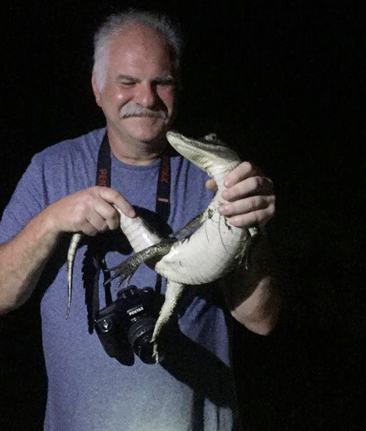
Philip Short
Associate Professor
College of Education
-
Contact
- shortp@apsu.edu
- 931-221-7513
- Claxton Building Room CX 101C
As both educational researcher and practitioner, I have more than two decades of experience teaching middle school and high school science, over 10 years as an adjunct instructor in higher education, six years as a full-time university faculty member, and two years as department chair of math and sciences. My teaching experience has ranged across all sciences including many courses in biology, chemistry, earth sciences, and physics disciplines. An emphasis on life sciences and ecology has predominated, but in the past I have gravitated toward instruction in, science pedagogy, environmental education (EE), science & EE research methods, and a variety of educator preparation courses. I have also served a wilderness canoe guide in the Northwoods and an international workshop coordinator for many years. My favorite moments continue to be those when people (young or old) make a discovery and allow themselves to change their view of the world.
My mantra has long been "We hate what we fear and fear what we don"t understand. A proper, inquiry-based, science education program improves understanding, lessens fears, and turns loathing to love and respect."
Performance measures of cost-effective, inquiry-based STEM education strategies; Tangible measures of positive personal and community impacts linked to STEM Education and Environmental Education programming (i.e., STEM / Environmental careers, personal sphere behaviors, public sphere actions, quantitative analysis of environmental protection or improvements)
Short, P. (2018-2019, Winter). Time for the science paradigm: A stalwart shift, not a tepid tweak.
Tennessee Educational Leadership Journal 46(1): 26-33.
Short, P. (2010). Responsible environmental action: Its role in environmental education and environmental quality.
Journal of Environmental Education, 41(1), 1-14.
Volk, T., Hungerford, H. & Short, P. (2005). IEEIA leadership conference trainer's manual. U.S. EPA.
Washington, D.C.